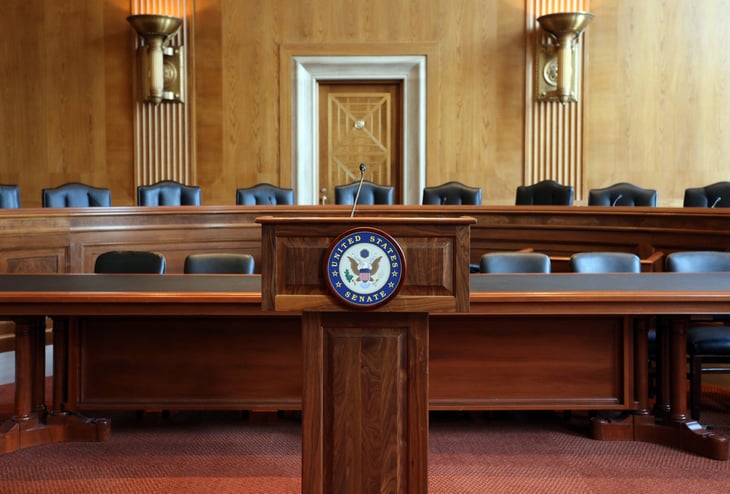
While we like to think that doctors direct our medical care, the reality is that insurance companies can play a significant role in what tests and treatments we receive.
Many insurers require prior authorization before people can see specialists, fill certain prescriptions or receive out-of-network care. However, the process for receiving prior authorization from Medicare Advantage plans can be cumbersome and time-consuming.
Now, that is poised to change should the Improving Seniors’ Timely Access to Care Act be signed into law. It recently passed the U.S. House of Representatives unanimously and is now in the U.S. Senate awaiting further action.
Keep reading for more about what the bill does and how it could improve health care access for people with Medicare Advantage plans — about 28 million Americans.
What is prior authorization?

Prior authorization is a process by which an insurance company approves a request for specific care before the patient receives that care. For instance, prior authorization may be required for the following:
- Specific prescription drugs
- Care from out-of-network health care providers or facilities
- Appointments with specialists
- Non-emergency care provided at hospitals
Prior authorization is often a cost-saving measure that insurers use to decide whether a generic or lower-cost alternative should be tried first. Failing to get prior authorization could be an expensive mistake since an insurance company may decline to pay for services it did not approve in advance.
Medicare Advantage versus traditional Medicare

Medicare beneficiaries have two choices when it comes to their coverage: traditional Medicare or a Medicare Advantage plan.
The 36 million Americans who have traditional Medicare – also known as Original Medicare – receive their benefits directly from the government. They typically don’t have to worry about prior authorization. With very few exceptions, those with traditional Medicare can see whichever providers they want whenever they want, assuming the providers accept Medicare insurance.
Medicare Advantage plans are different. This coverage is provided by private health insurance companies. Their plans are required to cover all the same services as traditional Medicare, but they may also offer additional benefits, such as vision or dental care. Medicare Advantage plans regularly require prior authorizations for a range of services.
The process for requesting prior authorization from Medicare Advantage often involves faxing documents, which can result in treatment delays. What’s more, a recent report found that 13% of prior authorization requests reviewed by the government were improperly denied by Medicare Advantage plans.
However, the Improving Seniors’ Timely Access to Care Act could improve Medicare Advantage on both those fronts.
The Improving Seniors’ Timely Access to Care Act

H.R. 3173 was introduced in 2021 in the U.S. House of Representatives, where it was passed unanimously on Sept. 14, 2022. It had 326 Democratic and Republican cosponsors in the House and earned the support of more than 500 organizations.
The bill aims to improve Medicare Advantage in the following ways:
- Create an electronic preauthorization process and eliminate the need to fax documents.
- Require the U.S. Department of Health and Human Services to create a process for “real-time decisions” for items that are routinely approved.
- Require Medicare Advantage plans to report to the federal government on their use of prior authorizations and their rates of approvals and denials.
- Encourage Medicare Advantage plans to create prior authorization programs that use evidence-based medical guidelines developed in consultation with physicians.
“The Improving Seniors’ Timely Access to Care Act will make it easier for seniors to get the care they need by cutting unnecessary red tape in the health care system,” said the bill sponsors in a press release.
What happens next?

After its passage in the House, the Improving Seniors’ Timely Access to Care Act is now in the U.S. Senate, where it is said to have strong bipartisan support.
Assuming the Senate also passes the bill, it must then be signed into law by President Joe Biden before going into effect.
You can follow the bill’s progress on Congress.gov. If you wish to share your thoughts on the bill with legislators from your state, you can find a list of U.S. senators here.




Add a Comment
Our Policy: We welcome relevant and respectful comments in order to foster healthy and informative discussions. All other comments may be removed. Comments with links are automatically held for moderation.